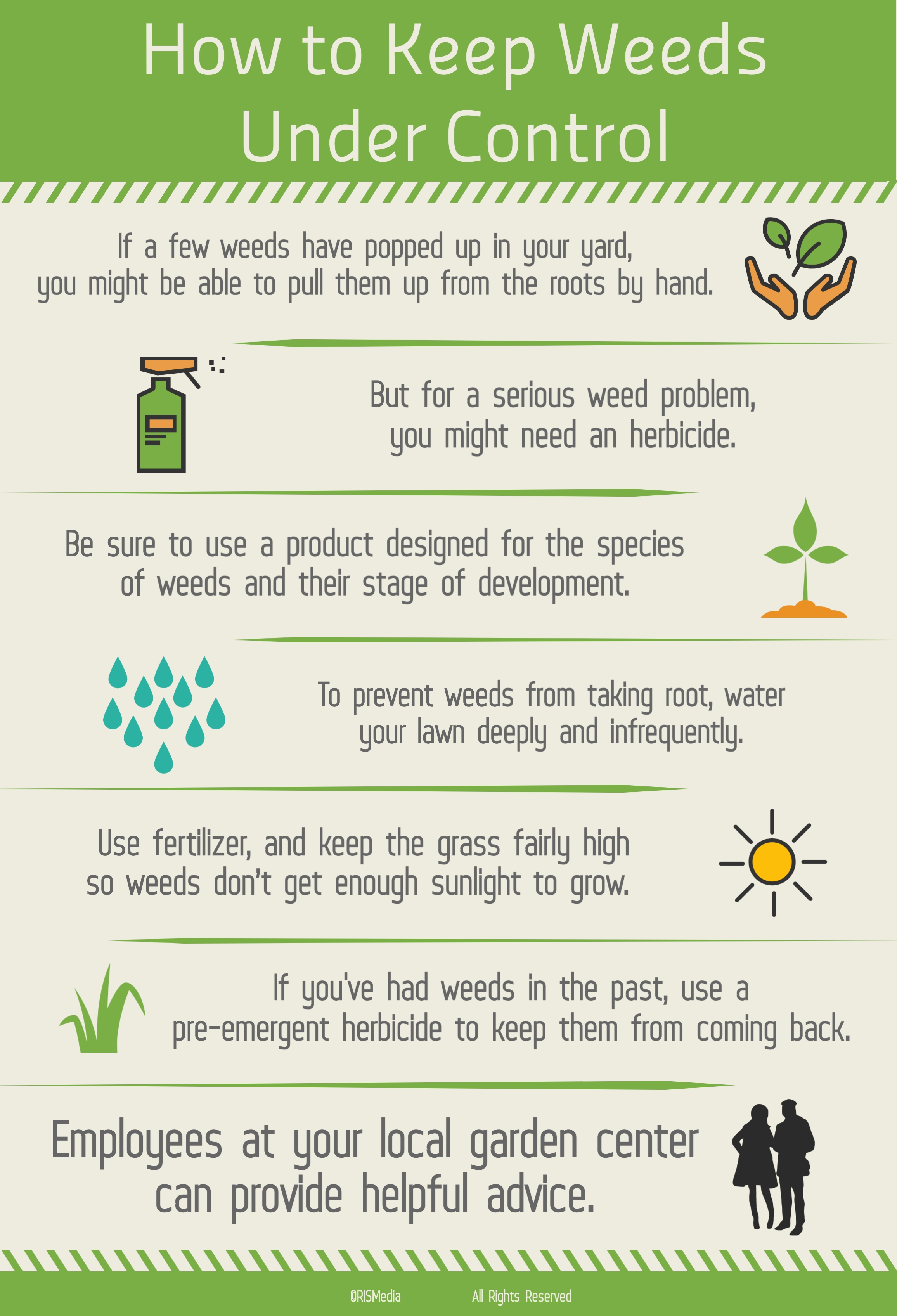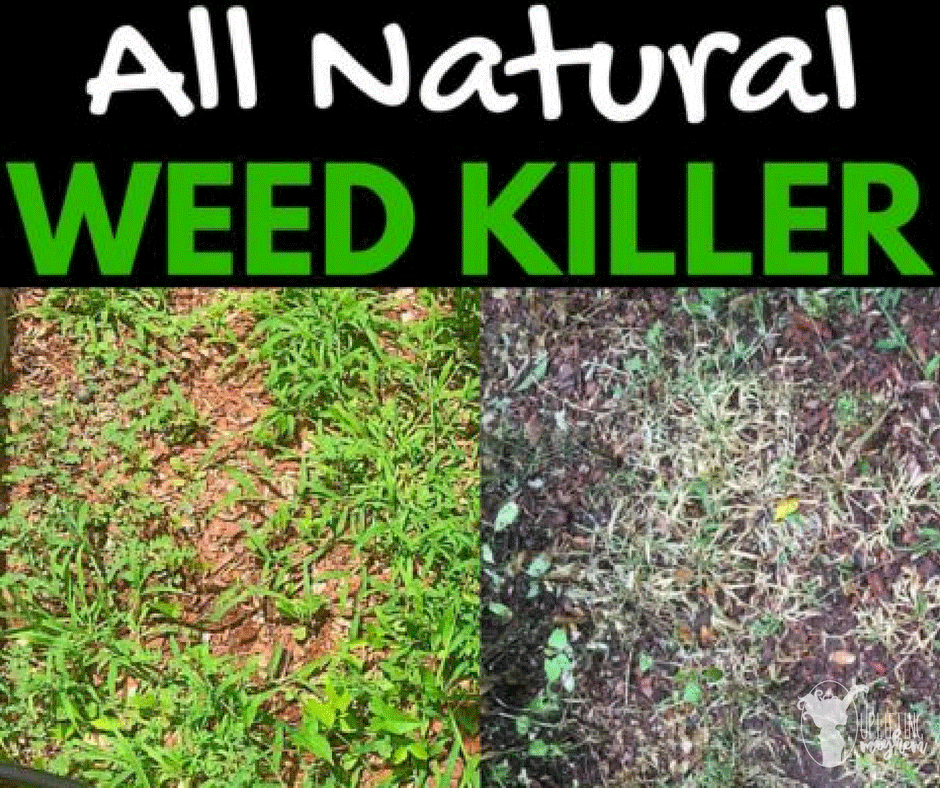Eco-Friendly Weed Control Tips: Keep Your Garden Green and Clean

Are you tired of seeing weeds take over your beautiful garden? Do you want to maintain a lush, green space without resorting to harsh chemicals? You're not alone. Many gardeners are turning to eco-friendly ways to keep weeds under control. Imagine your garden as a peaceful kingdom where every plant has its place, and weeds are gently but firmly shown the door. Let's explore how you can achieve this with organic weed control methods that are safe, effective, and environmentally friendly.
Understanding the Basics of Eco-Friendly Weed Control
Before diving into specific techniques, it's important to understand what makes a weed control method eco-friendly. Eco-friendly gardening focuses on practices that are sustainable and non-toxic, promoting the health of both your garden and the environment. By using natural weed killers and organic weed control methods, you can create a harmonious ecosystem where beneficial plants thrive and weeds are kept at bay.
Why Choose Eco-Friendly Weed Control?
Choosing eco-friendly ways to keep weeds under control is not just about being kind to the environment; it's also about being kind to yourself and your loved ones. Traditional weed killers often contain harmful chemicals that can pose health risks. By opting for natural weed killer solutions, you're ensuring a safer space for everyone, including pets and wildlife.
Organic Weed Control Methods: Your Garden's Best Friends
Mulching: The Natural Barrier
Mulching is one of the most effective organic weed control methods. Think of mulch as a protective blanket that not only suppresses weed growth but also retains moisture and regulates soil temperature. Organic materials like wood chips, straw, and compost make excellent mulch. By applying a thick layer of mulch around your plants, you create a barrier that prevents weed seeds from germinating.
Hand Weeding: The Personal Touch
Sometimes, the best approach is the simplest one. Hand weeding allows you to get up close and personal with your garden. It's a therapeutic activity that ensures you remove weeds at the root, preventing them from growing back. Plus, it's a great way to spend some quality time outdoors, connecting with nature.
Solarization: Harnessing the Power of the Sun
Solarization is a non-toxic weed management technique that uses the sun's heat to kill weeds. This method involves covering the soil with a clear plastic sheet during the hottest months of the year. The sun's rays heat the soil, killing weed seeds and other pests. It's like giving your garden a natural, eco-friendly sauna treatment.
Natural Weed Killer Recipes: DIY Solutions
Vinegar: The Kitchen Staple
Vinegar is a versatile natural weed killer that you probably already have in your kitchen. The acetic acid in vinegar burns the leaves of weeds, causing them to wither and die. Simply mix equal parts vinegar and water in a spray bottle and apply it directly to the weeds. Be careful not to spray your desired plants, as vinegar can harm them too.
Boiling Water: The Simple Solution
Boiling water is another effective natural weed killer. Pouring boiling water directly onto weeds can kill them instantly. This method is particularly useful for weeds growing in cracks and crevices, such as driveways and sidewalks. It's a quick and easy solution that doesn't require any special ingredients.
Corn Gluten Meal: The Preventive Measure
Corn gluten meal is an organic weed control method that prevents weed seeds from germinating. It works by inhibiting the root formation of weed seeds, making it an excellent preventive measure. Apply corn gluten meal to your garden in early spring before weeds have a chance to sprout.
Environmentally Friendly Gardening: Preventative Measures
Proper Planting: The First Line of Defense
One of the best ways to prevent weeds is to create a garden that's inhospitable to them. This starts with proper planting. Choose plants that are well-suited to your climate and soil conditions. Healthy, dense plantings leave little room for weeds to take root. It's like creating a well-organized party where only the invited guests (your plants) have a place to sit.
Regular Maintenance: Keeping Weeds at Bay
Regular garden maintenance is key to sustainable weed prevention. Keep your garden beds clean by removing dead leaves and debris that can harbor weed seeds. Regularly inspect your garden for any signs of weeds and address them promptly. It's like keeping your house tidy to prevent pests from moving in.
Soil Health: The Foundation of a Weed-Free Garden
Healthy soil is the foundation of a weed-free garden. Weeds often thrive in poor soil conditions. By improving your soil's health through composting and regular testing, you create an environment where your desired plants can thrive and weeds struggle to survive.
Conclusion: Embrace Eco-Friendly Weed Control
In conclusion, eco-friendly ways to keep weeds under control are not only beneficial for the environment but also for the health and beauty of your garden. By using organic weed control methods and natural weed killers, you can create a sustainable and harmonious ecosystem. Remember, the key to successful weed management is consistency and a proactive approach.
So, are you ready to transform your garden into a weed-free oasis? Start by implementing these eco-friendly weed control tips and watch your garden flourish. Happy gardening!
FAQs
What is the best natural weed killer?
The best natural weed killer depends on your specific needs and the type of weeds you're dealing with. Vinegar and boiling water are effective for spot-treating weeds, while corn gluten meal is excellent for prevention.
How can I prevent weeds from growing in my garden?
Preventing weeds involves a combination of proper planting, regular maintenance, and improving soil health. Mulching and solarization are also effective preventive measures.
Are eco-friendly weed control methods safe for pets?
Yes, eco-friendly weed control methods are generally safe for pets. They use natural and non-toxic ingredients that won't harm your furry friends.
Can I use salt as a natural weed killer?
While salt can kill weeds, it's not recommended as a natural weed killer because it can also harm the soil and other plants. It's best to stick with safer alternatives like vinegar or boiling water.
How often should I apply mulch to prevent weeds?
Mulch should be applied in a thick layer (about 2-3 inches) and refreshed as needed, typically once or twice a year. This ensures a continuous barrier against weed growth.


0 Response to "Eco-Friendly Weed Control Tips: Keep Your Garden Green and Clean"
Post a Comment